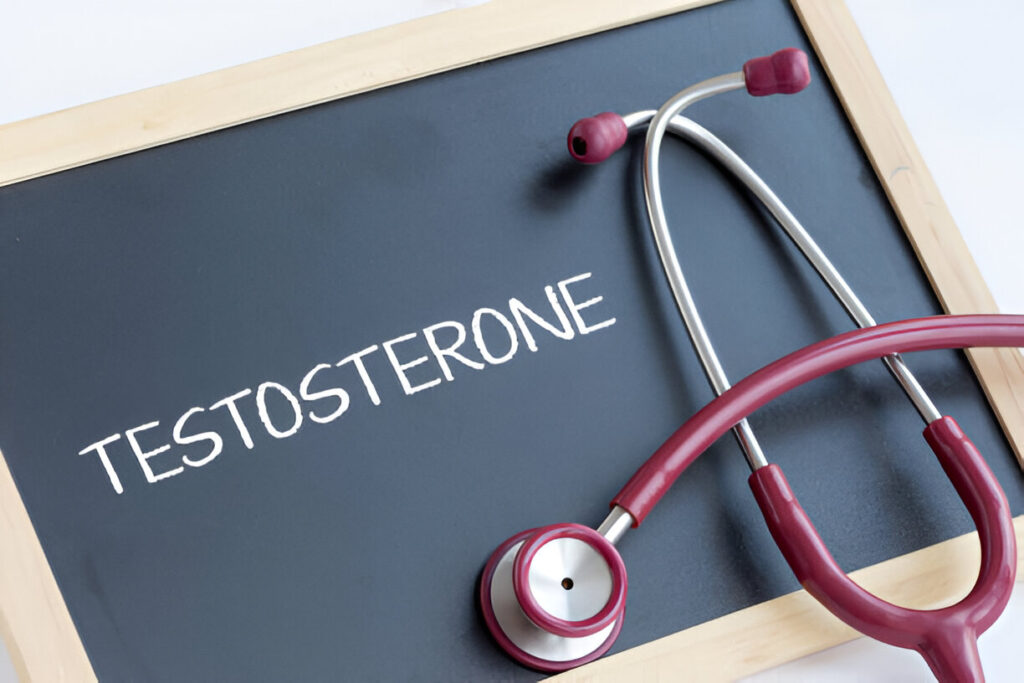Testosterone Replacement Therapy (TRT) has emerged as a popular and effective treatment for men facing the effects of low testosterone levels. With an increasing number of individuals seeking ways to boost their well-being and restore hormonal balance, TRT is worth considering as a viable option. In this article, we delve into the essential role testosterone plays in men’s health, the quality of life improvements possible with therapy, and the importance of navigating the myths, symptoms, and management of testosterone therapy. Find out how this treatment may be the key to rejuvenating physical and mental health. Keep reading to learn more about the transformative potential of TRT.
The Role of Testosterone in Men’s Health

Testosterone, the primary male sex hormone, is crucial to developing physical characteristics and overall health. Its influence ranges from regulating libido, muscle mass, and bone density to affecting mood and energy levels. As men age, a gradual decline in testosterone levels is natural, often leading to noticeable changes in their body composition and physiological functioning.
Moreover, testosterone plays a significant role in maintaining men’s cardiovascular health. Research suggests that healthy testosterone levels are linked to a reduced risk of heart disease, as it aids in the dilation of coronary arteries and improves blood flow. Testosterone also influences the production of red blood cells, essential for transporting oxygen throughout the body.
On the psychological front, low testosterone levels can lead to a decline in cognitive abilities and an increase in the incidence of depression, irritability, and fatigue. Considering these factors, maintaining balanced testosterone is seen as synonymous with preserving the quality of men’s health and well-being. A disruption in its levels can significantly impact a man’s quality of life.
Despite its importance, the discussion surrounding testosterone levels is frequently shrouded in misconceptions and a lack of awareness. Therefore, educating men on the significance of testosterone and the viability of therapies like the TRT Texas is imperative for their long-term health. Accessibility to information and treatments can empower men to make informed decisions about their hormonal health.
Improving Quality of Life with Testosterone Replacement Therapy

One of the primary benefits of Testosterone Replacement Therapy is its improvement in men’s overall quality of life. Those undergoing TRT often report enhanced energy levels, mood, and vitality. This boost in physical and psychological health can lead to a more active and fulfilling life, enabling men to regain confidence and motivation.
The positive effects of TRT can extend far beyond increased energy, encompassing improvements in sexual health as well. Men experiencing low libido or erectile dysfunction as a result of decreased testosterone levels may find that TRT helps to alleviate these issues, bringing a renewed sense of intimacy and connection in their relationships.
TRT can be a game-changer for those suffering from muscle mass loss and increased body fat. The therapy assists in normalizing testosterone levels, which in turn helps preserve muscle strength and achieve a more balanced body composition. These physical transformations can significantly raise a man’s self-image and reduce the risk of obesity-related health problems.
Furthermore, the mental health benefits of TRT cannot be understated. Addressing hormonal imbalances can alleviate symptoms of depression and anxiety, resulting in improved mental clarity and emotional stability. However, it is essential to note that TRT is not a one-size-fits-all solution and should be considered carefully within individual health needs.
Navigating the Symptoms: When to Consider Testosterone Replacement
Identifying the appropriate time to consider Testosterone Replacement Therapy hinges on an awareness of the symptoms associated with low testosterone levels. Men may experience a variety of signs, such as diminished sex drive, difficulty in achieving erections, decreased energy, and mood swings. Exploring TRT might be beneficial when these symptoms noticeably interfere with daily life.
In addition to sexual health concerns, physical changes like increased body fat, reduced muscle mass, and hair loss can also be indicative of low testosterone. While these changes can be attributed to aging, noticeable deviations from one’s baseline health should prompt a medical evaluation.
It is also vital to acknowledge that not all symptoms are attributed solely to low testosterone, hence the importance of comprehensive testing. Blood tests diagnose low levels accurately and must be interpreted with overall health assessments. Personal health history, lifestyle, and genetic factors play significant roles in determining the appropriateness of TRT.
Overall, Testosterone Replacement Therapy offers significant benefits for men experiencing the effects of low testosterone, including improvements in physical health, energy, mood, and sexual function. By addressing these hormonal imbalances, TRT can enhance the overall quality of life and provide men with renewed vitality and well-being.


